Cliché
Clichés are very common phrases and expressions that have been overused.
Click Here for Step-by-Step Rules, Stories and Exercises to Practice All English Tenses
A cliché is a type of figurative language in the English language.
That means people have said them and written them too many times and they have lost their original meanings or effects. They are no longer original or interesting.
Here are two examples of clichés:
He is as
blind as a bat!
(He does not see very well.)
Don't cry over spilled milk.
(Don't waste your time worrying about something that has already happened.)
(He does not see very well.)
Don't cry over spilled milk.
(Don't waste your time worrying about something that has already happened.)
Most clichés are phrases that were originally imaginative, fun, and interesting.
Some people like to use clichés in their writing for humor or to make a point.
You should avoid using clichés when writing in English, especially in formal writing. Clichés are more acceptable in informal writing. Using too many clichés can annoy or bore your readers.

Clichés can also be classified as other types of figurative language.
For example, easy as pie is a cliché. It is an overused idiom.
Slept like a baby is another cliché. It is an overused simile.
American English clichés
Below, you will see a list of some common American English clichés. The original meaning of each cliché is included.Not everyone will agree that these are all clichés. Whether or not a sentence or phrase becomes a clichés depends on the audience. While some people may think a phrase is boring, others may still enjoy hearing it.
- An apple a
day keeps the doctor away.
(Eat healthy.)
- ants in his
pants
(A person who has ants in his pants cannot sit without moving.)
- apple of my
eye
(If you are the apple of my eye, then you are my favorite.)
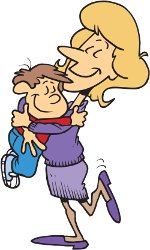
- as poor as
dirt
(very poor)
- as white as
snow
(very white)
- Beauty is in
the eye of the beholder.
(What you think is beautiful might not be beautiful to someone else.)
- Been there,
done that.
(I already had that experience.)
- best thing
since sliced bread
(something very good)
- Better safe
than sorry.
(It is good to be prepared for things even if they do not happen.)
- big as life
(very big)
- busy as a bee
(very busy)
- chip off the
old block
(A child who is a chip off the old block acts like their parent.)
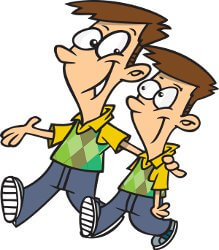
- cool as a
cucumber
(calm)
- Don't have a
cow.
(Do not get too excited or upset.)
- fat chance
(It will never happen)
- fresh as a
daisy
(something that is new, clean, or original)
- Give a
little, take a little.
(Help someone and they might help you.)
- Go with the
flow.
(Be flexible.)
- Home is where
the heart is.
(It feels good to be at home with family.)
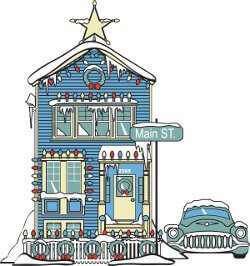
- If it ain't
broke, don't fix it.
(Do not change something that already works.)
- just fell off
the turnip truck
(Someone who just fell off the turnip truck is inexperienced.)
- Knock on wood.
(Knock on wood is a phrase people say when they do not want something bad to happen. It is like a "good luck charm." It is a saying to keep bad luck away.)
- Money does
not grow on trees.
(Be careful how much money you spend.)
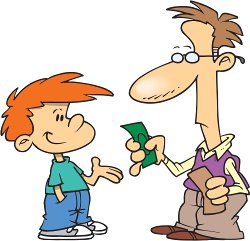
- old as dirt
(very old)
- once in a
blue moon
(not very often.)
- open up a can
of worms
(create new problems when you are trying to solve a problem)
- rise and shine
(wake up)
- A rolling
stone gathers no moss.
(If a person is always moving to new places, then he will never form relationships or have attachments to anything.)
- Stop and
smell the roses.
(Take time to enjoy life.)
- The grass is
always greener on the other side.
(Things or situations seem to look better for other people.)
- two peas in a
pod
(two people that are similar or have a very close relationship)
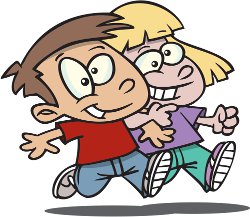
- when pigs fly
(never)
- You can lead
a horse to water, but you can't make it drink.
(You can show people how to do things, but you cannot force them to do it.)
This was an overview of clichés. Now that you understand, it is time to practice! Get our ESL Books.
Get Updates, Special Offers, and English Resources
Download your FREE GIFT (the first two chapters of
English Short Stories Book and Workbook)
as soon as you join!

By submitting your email, you consent to receiving updates and newsletters from us and to the sharing of your personal data with third parties for the purposes of sending you communications. We will not spam you. You can unsubscribe at any time. For more information, please see our privacy policy.





